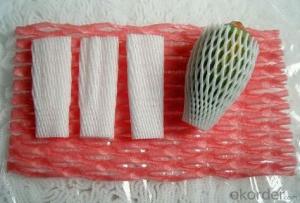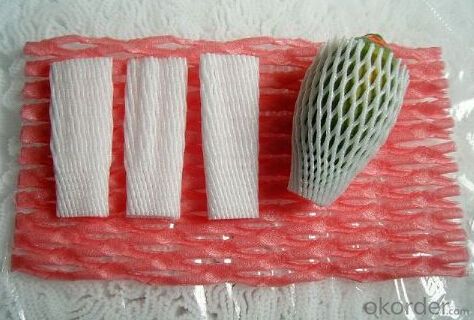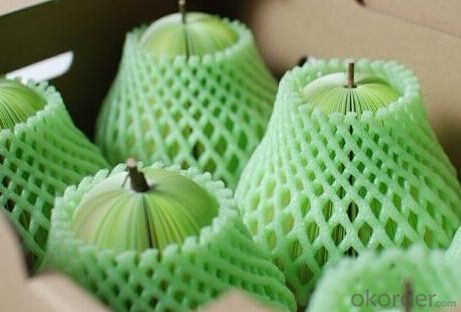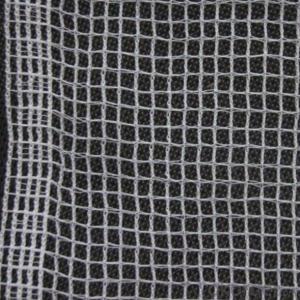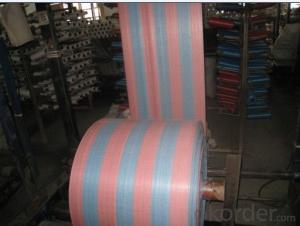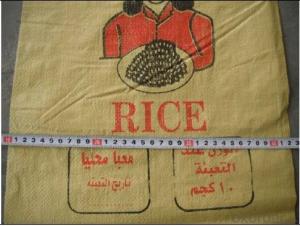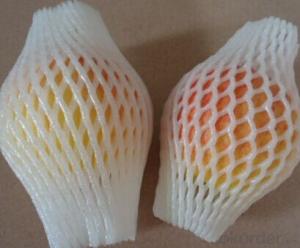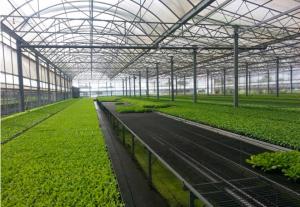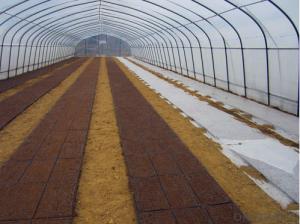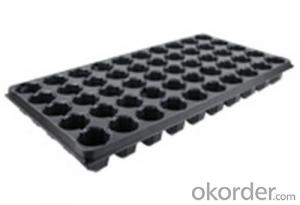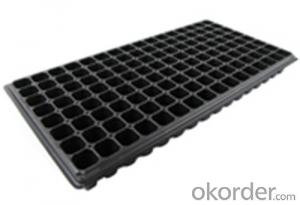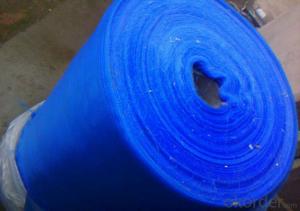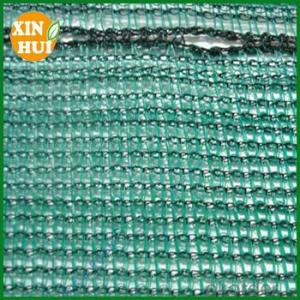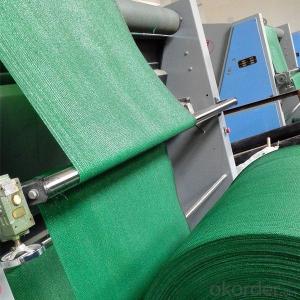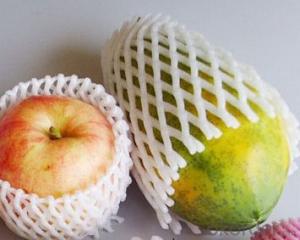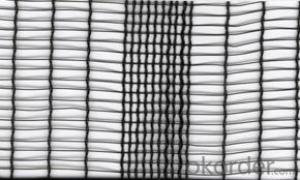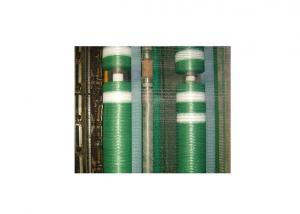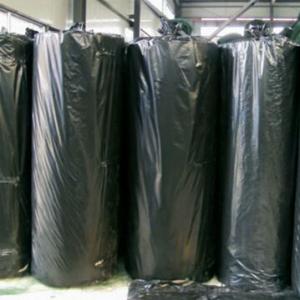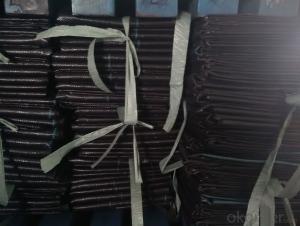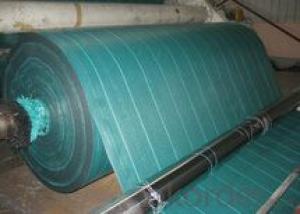Fruit Plastic Netting with high quality
- Loading Port:
- Qingdao
- Payment Terms:
- TT OR LC
- Min Order Qty:
- 100000 pc
- Supply Capability:
- 100000000 pc/month
OKorder Service Pledge
OKorder Financial Service
You Might Also Like
For fresh food( such as apple, peach, pomegranate, melon, watermelon persimmon) and bottle packaging
1.Material: EPE
2.Size: any size is available
3.Weight: according to the product you want to pack
4.Color: white, pink, red, green yellow ( according to your requirement)
5.Food class
6.Function :
A. They can protect the surface of the fruits avoiding any damages in transit and during period of display in sales field.
B. To provide best protection for the fragile cargoes such as Glassware ,Ceramics and Electronic components,etc. The comprehensive protection can put cargoes in safer situation in transit , decrease the damage rate to the minimum.
Remarks:
1. It is mainly used as the package of the fruits in growing season and in supermarket.They can protect the surface of the fruits avoiding any damages in transit and during period of display in sales field.
2.To provide best protection for the fragile cargoes such as Glassware ,Ceramics and Electronic components,etc. the comprehensive protection can put cargoes in safer situation in transit , decrease the damage rate to the minimum.
- Q: How do agricultural plastic products help in preventing cross-contamination?
- Agricultural plastic products help in preventing cross-contamination by providing a physical barrier between different crops, soil, and water sources. They act as a protective layer, preventing the transfer of pests, diseases, and weed seeds from one area to another. Additionally, plastic mulch films and covers can help regulate soil moisture levels, reduce the need for chemical pesticides, and control the growth of unwanted plants, all of which contribute to preventing cross-contamination in agricultural settings.
- Q: This question asks about the application of biodegradable mulch films in agricultural practices, specifically how farmers incorporate them into their operations.
- <p>Farmers use biodegradable mulch films to cover the soil around their crops. These films help retain soil moisture, suppress weed growth, and maintain a consistent temperature, which is beneficial for plant growth. They are typically laid down after planting and left in place throughout the growing season. Biodegradable mulch films are an environmentally friendly alternative to traditional plastic mulches, as they break down naturally at the end of the season, reducing plastic waste and preventing soil contamination. Farmers may choose specific types of biodegradable films based on the crop, climate, and desired degradation rate.</p>
- Q: Can nursery trays be used for starting plants for erosion control purposes?
- Yes, nursery trays can be used for starting plants for erosion control purposes. The trays provide a controlled environment for the plants to establish their root systems before being transplanted into the desired area for erosion control. This allows for better survival rates and increased effectiveness in preventing erosion.
- Q: How do you prevent ground cover plants from spreading too aggressively?
- One way to prevent ground cover plants from spreading too aggressively is by regularly dividing and thinning them. This helps to control their growth and maintain a desired level of coverage. Additionally, creating physical barriers such as edging or installing root barriers can help contain their spreading tendencies.
- Q: Are nursery trays suitable for starting a herbaceous border?
- No, nursery trays are generally not suitable for starting a herbaceous border. Herbaceous borders typically require a larger space to allow the plants to grow and spread, whereas nursery trays limit root development and can restrict the growth of the plants. It is recommended to start herbaceous borders by directly planting the herbaceous plants in the ground to ensure proper growth and establishment.
- Q: The plastic that is used for the coating of my ear bud chord is beginning to harden up from exposure to the sun. Once it hardens up it naturally becomes less flexible and I end up getting a short in the wire from normal wear and tear compared to how they are suppose to be. Is there anything I can do to re-soften the plastic (short of keeping them out of sun as I do that as much as possible already. Kinda hard when you live in desert climate) and then keep it that way?
- You really cannot that I know of. You just have to keep replacing cords, or get one with a better formulation which is longer lasting in your environment.
- Q: Are nursery trays suitable for vertical gardening?
- No, nursery trays are not suitable for vertical gardening as they are designed for horizontal planting and lack the structural support needed for vertical setups.
- Q: This question asks whether agricultural plastic products can cause harm to wildlife or birds.
- <p>Yes, agricultural plastic products can significantly harm wildlife and birds. These products, such as plastic mulch films and nets, can entangle or be ingested by animals, leading to injury or death. Additionally, microplastics from degraded plastics can enter the food chain, potentially causing long-term health issues for both wildlife and humans. The ingestion of plastic can lead to blockages in the digestive system, while entanglement can lead to immobilization, stress, and starvation. Efforts to reduce plastic use in agriculture and improve waste management are crucial for mitigating these impacts on wildlife.</p>
- Q: What are the potential health hazards linked to the use of plastic mulch films in agriculture?
- <p>Yes, there are health risks associated with the use of agricultural plastic mulch films. These risks primarily stem from the chemicals that can leach from the films into the soil and potentially into crops. Exposure to these chemicals may lead to various health issues, including endocrine disruption, reproductive problems, and cancer. Additionally, the improper disposal of these films can lead to environmental pollution, which in turn can affect human health through the contamination of water and soil. It is crucial for farmers to use mulch films responsibly and to follow proper disposal guidelines to minimize these health risks.</p>
- Q: What are the benefits of using plastic silage covers?
- The benefits of using plastic silage covers include preserving the quality and nutritional value of silage by preventing spoilage, minimizing mold growth and reducing exposure to oxygen. Additionally, these covers help to maintain the desired moisture content, protect against weather elements, and result in improved animal feed efficiency.
Send your message to us
Fruit Plastic Netting with high quality
- Loading Port:
- Qingdao
- Payment Terms:
- TT OR LC
- Min Order Qty:
- 100000 pc
- Supply Capability:
- 100000000 pc/month
OKorder Service Pledge
OKorder Financial Service
Similar products
Hot products
Hot Searches
Related keywords
